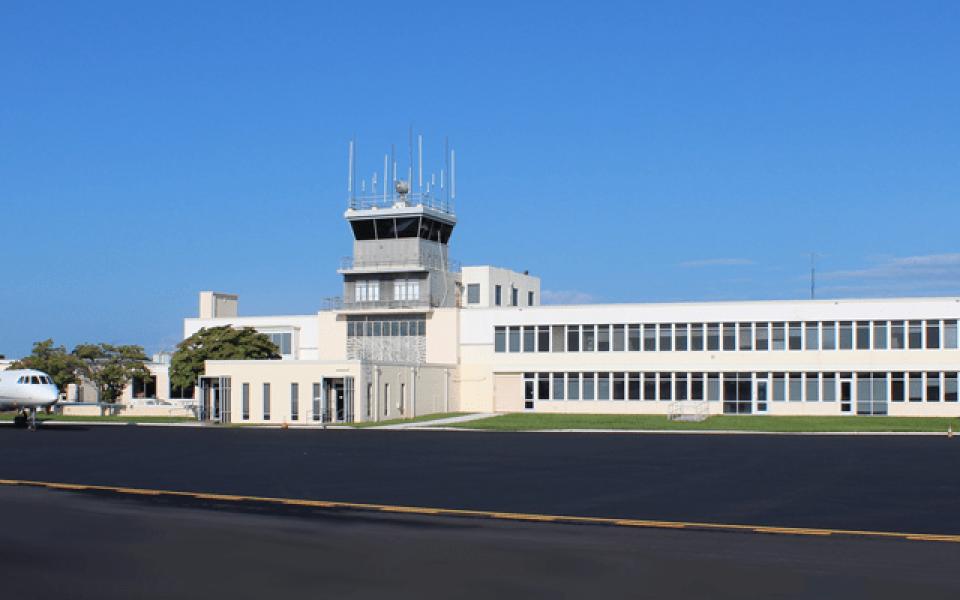When it comes to matters that pit city against county, we are nearly always on the side of the city. Cities exist as collectives for economic activity, cultural development and progress, while the rural areas outside them, and the people who live there, are largely dependent on our urban centers for employment, entertainment, shopping and more. There is no Costco in Rural Hall.
But the proposal to de-annex Smith Reynolds Airport from the city of Winston-Salem, a bill proposed in the North Carolina House, deserves a dive into the particulars before we exercise our prejudice.
Currently, the airport exists inside city limits, subjecting it to city taxation that totals about $500,000, much of which comes from privately owned aircraft stored at the facility that are subject to property tax. Mark Davidson, director of Smith Reynolds, told the Winston-Salem Journal that being inside city limits adds about $17,000 in city taxes to the cost of storing a $4.2 million corporate jet.
Again, we are not in the habit of defending large, jet-owning corporations. But that same corporation could store their jet down the road at Piedmont Triad International Airport, which has been de-annexed from Greensboro, without taking that five-figure, city-tax hit.
Add to this that most public airports in the state do not exist within a city’s borders, giving them a competitive advantage in attracting high-dollar clients.
So the question becomes: Do we want Smith Reynolds to grow? Both the state of North Carolina and Forsyth County seem to want this, as evidenced by a $10 million budget item approved by the county to add two new hangars at Smith Reynolds, and an ask from the NC Legislature for another $40 million for infrastructure improvements. State and federal investments in the airport over the last five years total more than $50 million. In return, the airport has an economic impact of more than $800 million and is responsible for creating upwards of 3,500 jobs.
Like the state, county and city, we see the Smith Reynolds Airport as an important part of the Triad’s business portfolio. Besides corporate jets, the airport houses charter services, cargo services, aircraft manufacturing and repair facilities, a flight school and Forsyth Tech’s Aviation Technology Lab, among other concerns. And we think it could do even more without the encumbrance associated with existing inside city limits.
True, it would blow a half-million-dollar hole in Winston-Salem’s revenue stream. But cities have ways of making up revenue that airports do not. And Winston-Salem would still benefit from the airport in other ways, just as Lexington benefits from Davidson County Airport, which was decoupled from the city by state legislation last year — and which, incidentally, stands to gain if Smith Reynolds does not catch up.
Join the First Amendment Society, a membership that goes directly to funding TCB‘s newsroom.
We believe that reporting can save the world.
The TCB First Amendment Society recognizes the vital role of a free, unfettered press with a bundling of local experiences designed to build community, and unique engagements with our newsroom that will help you understand, and shape, local journalism’s critical role in uplifting the people in our cities.
All revenue goes directly into the newsroom as reporters’ salaries and freelance commissions.


[…] the airline industry remains in flux, and Smith Reynolds Airport is not immune. Recently, a bill was filed in the General Assembly that would deannex the airport from Winston-Salem, another change that Kayla and Scott say, either […]